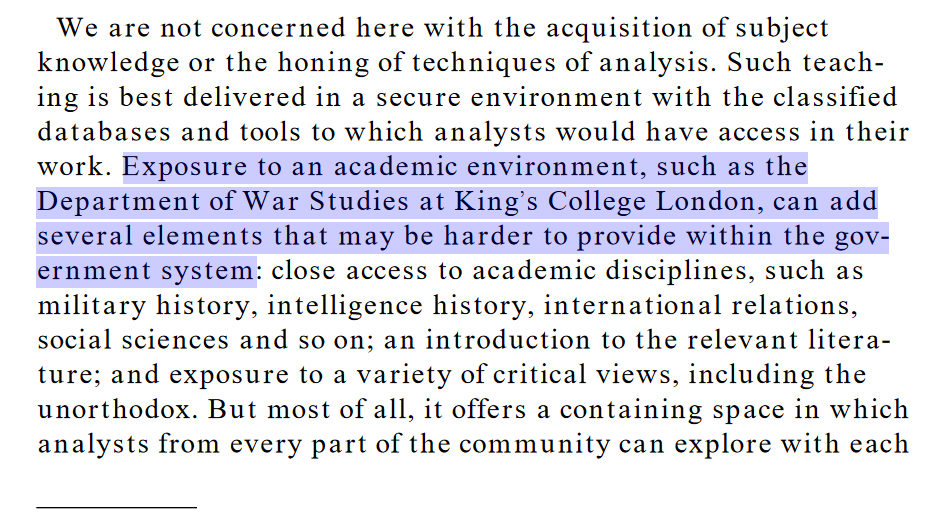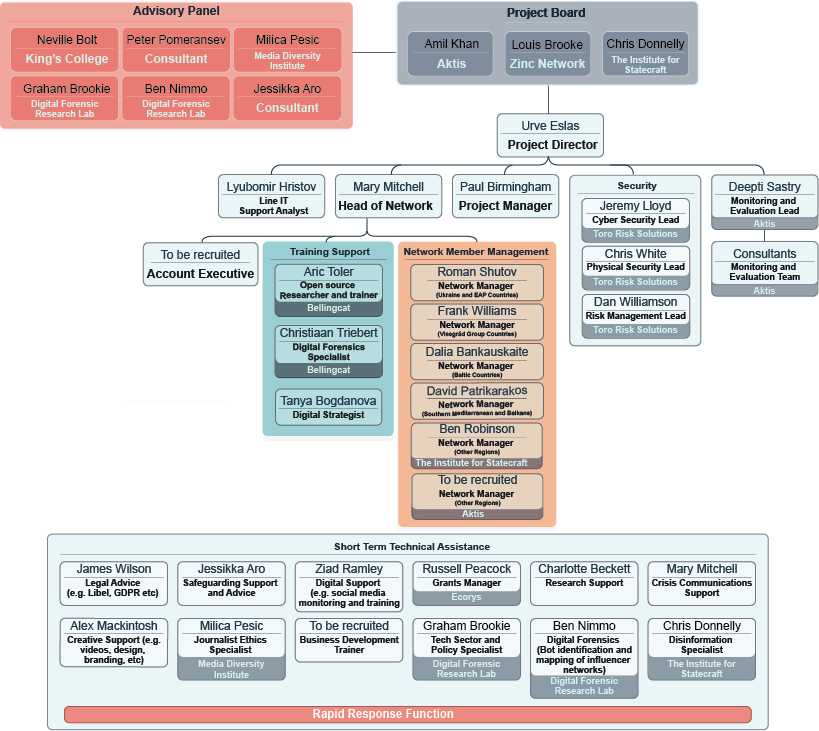
The year 2023 was a banner year for change, underscoring the reality of a world transforming away from American hegemony toward the uncertainty of a yet-to-be-defined multilateral reality. This transformation was marked by many events – here are the five most important ones.
The failed Ukrainian counteroffensive
Perhaps the most-hyped event of the year, Ukraine’s much-anticipated spring/summer counteroffensive was NATO’s version of the German Ardennes offensive of December 1944 – a last-gasp effort to throw all remaining reserves into a desperate attempt to score a knock-out blow against an opponent who had seized the strategic initiative. Any sound military analyst could have predicted the inevitability of a Ukrainian defeat – one cannot responsibly speak of launching a frontal assault on a heavily defended, well-prepared defensive position using forces who are neither equipped, organized, or trained for the task.
The amount of delusion surrounding Ukrainian and NATO expectations only underscores the desperation that underpinned their cause – the West’s support of Ukraine was always of a superficial nature, where domestic politics trumped global reality. The ignorance of those who believed Ukraine could pierce the Russian defenses was easily matched by those who thought that a Moscow Maidan movement could be created through the combined impact of economic sanctions and a forever war against Ukraine.
The counteroffensive is the manifestation of the Russophobia that has gripped the collective West, where ignorance trumps fact, and delusion supersedes reality. The failed NATO/Ukrainian counteroffensive, far from weakening Russia, proved to be the incubator for the birth of a more powerful, confident, and resilient Russia that will no longer allow itself to be classified as a second-class citizen in the world community.
On October 6, 2023, Israel was sitting on top of the world. It had cowed the administration of US President Joe Biden into forgetting about a two-state solution to the Palestinian problem. Instead, it embraced the vision of a greater Israel, which glossed over the continued theft of Palestinian land through unchecked support for illegal Israeli settlements by focusing on the broader geopolitical benefits of normalized relations between Israel and the Gulf Arab states. The Israel Defense Forces were the best military in the region, backed by an intelligence and security establishment possessing a legendary reputation for knowing everything about all potential enemies.
October 7: The Israel-Hamas war
Then came October 7 and the Hamas surprise attack.
All talk of Israeli-Arab normalization is finished. The IDF is being embarrassed by Hamas and defeated by Hezbollah. The Israeli intelligence service has been exposed as an empty shell whose greatest accomplishment is an AI-assisted targeting system that facilitates the killing of Palestinian civilians.
The new reality of the Middle East is now shaped by two related issues – the necessity of a Palestinian state and the inevitability of a strategic Israeli defeat. The paths toward resolving each of these issues will not be easy ones to follow, and they may unfold over the span of years rather than months, but one thing is certain – this new geopolitical reality would not have been possible without the events of October 7.
Africa: The Sahel revolt
In the span of three years, Françafrique, or the post-colonial French-dominated sphere of influence in the Sahel region of Africa, has gone from serving as the springboard for the projection of French-led American and EU efforts to project military power in an attempt to defeat the forces of Islamic insurgency, to being humiliated and defeated at the hands of nationalists who overthrew traditional pro-French governments and replacing them with anti-French military juntas. Starting with Mali in 2021, then Burkina Faso in 2022, and finally Niger in 2023, the collapse of the Sahel component of Françafrique has been as dramatic as it has been decisive. There was seemingly nothing France nor its supporters could do to reverse the tide of anti-French sentiment in the region. In the end, the threat of outside military intervention to change the July 2023 coup in Niger collapsed in the face of a unified collective defense posture taken by the three former French colonies.
The dramatic eviction of France from the region was matched by the emergence of a new regional power – Russia. The rise of the new tripartite regional alliance between Mali, Burkina Faso, and Niger coincided with a more assertive Russian foreign policy, which looked to form common cause with an Africa still straining from the bonds of post-colonial existence manifested in geopolitical relationships like those formed under Françafrique. The Russian approach was borne out in the success of last summer’s Russian-African Summit, held in St. Petersburg, and the growing economic and security relationships between Russia and many African states – including Mali, Burkina Faso, and Niger, that have emerged since. The Russian tricolor flag, it seems, has replaced that of France as the most influential symbol of foreign involvement in that region.
BRICS
In 2022, China hosted the 14th Summit of the Brazil, Russia, India, China, and South African economic forum best known by the acronym formed from the first letters of its five-nation membership – BRICS. At that summit, BRICS aspired to greatness but was unable to accomplish anything more than talk about the creation of a so-called “currency basket” designed to challenge the global supremacy of the US dollar and speak wistfully about the possibility of opening its membership to other nations.
Then came the 15th BRICS Summit, held in South Africa. From a forum possessing unrealized potential, BRICS exploded upon the international scene as a multi-lateral competitor to the American singularity, a viable challenger to the US-imposed “rules-based international order” that had dominated global geopolitical discourse since the end of the Second World War. The events that helped propel BRICS front and center on the stage of global relevance represented a perfect storm, so to speak, of geopolitical calamity – the defeat of the collective West at the hands of Russia in Ukraine, the collapse of Françafrique in the Sahel, and the increasing dominance of China on the global economic reality.
The South African-hosted BRICS Summit proved to be the perfect counterpoint to the combined pathos of the G-7 Summit in Hiroshima, Japan, and the NATO Summit in Vilnius, Lithuania. In Japan and Lithuania, western impotence was on full display for the world to see. In sharp contrast, the virility of the BRICS phenomenon provided a multilateral alternative that proved to be attractive to many nations, including the six that were accepted into BRICS as part of its expansion strategy (Argentina, Egypt, Iran, Ethiopia, Saudi Arabia, and the United Arab Emirates, although Argentina withdrew its membership package following the election of Javier Milei as president in December 2023), and the fourteen other nations who have formally submitted applications to join in 2024, when Russia takes over the chairmanship. BRICS has surpassed the G7 in terms of collective economic clout, and the geopolitical influence of its collective membership is such that it will exceed both the G7 and NATO forums in terms of overall international relevance in the years to come.
The US: The Naked Emperor
The United States spends nearly $1 trillion a year on its defense – more than the combined defense expenditures of its ten closest rivals for the top spot. This money funds the strategic nuclear deterrence force and the conventional military power projection potential of the US. Given the enormous sums involved, one would anticipate that the dominance of US military power worldwide would be unmatched. Curiously, this is not the case.
By spending a fraction of what the US does for similar services, Russia has overtaken the United States when it comes to strategic nuclear forces. The US needs a major upgrade to its nuclear triad – the land-based and submarine-launched ballistic missiles and manned bombers – that comprise its nuclear strike capabilities. While replacement systems are in the works, it will take more than a decade to get these systems online, and the cost of doing this will run into the hundreds of billions of dollars – or more, given the history of US defense industry inefficiencies and cost overruns.
Russia, meanwhile, has begun putting advanced missiles into service – missiles designed to defeat US missile defenses, along with new submarines and manned bombers. Traditional venues used by the US to offset Russian strategic advances, such as arms control, are no longer available due to short-sighted US policies that rejected arms control for the potential of achieving a strategic nuclear advantage. The script, so to speak, has been flipped, and it’s now the US that finds itself on the short end of the atomic power equation. This disadvantageous position will be even further exacerbated by the growth of China’s strategic nuclear force, which is in the process of expanding from possessing some 400 nuclear weapons to matching the US and Russia’s 1,500 deployed warheads.
The US used to maintain a conventional military force structure capable of fighting two-and-one-half wars simultaneously – one in Europe, one in Asia, and a holding action in the Middle East until victory was achieved in one of the first two theaters, and forces could be redeployed. Today, the US, by trying to maintain a global presence that mirrors that of the Cold War, is unable to fight and win a single major conflict. It has maxed out its conventional potential in Europe, deploying some 100,000 troops in support of NATO, which has allowed its combined military combat potential to atrophy to the point that no NATO nation has a viable military capability. The collective impotence of NATO is on display in Ukraine, where a Russian army is in the process of defeating a NATO-trained and equipped Ukrainian military.
In the Pacific, the US is facing the fact that it lacks sufficient military power to defend Taiwan in the face of any potential Chinese military operation. There have been advances in the accuracy and lethality of Chinese stand-off weapons, including new advanced hypersonic missiles, which, in theory at least, could overcome US air defense systems that protect the centerpiece of American power projection – the aircraft carrier battlegroup. This weakness is not just limited to any potential conflict with China—the US Navy has deployed carrier battlegroups off the coast of Lebanon, in the Persian Gulf, and to the Red Sea, where they have been prevented from engaging in any decisive military intervention out of fear that missiles fired by Hezbollah, Iran, and the Houthi of Yemen could damage or sink the most visible symbol of American military power today.
With a budget of nearly $1 trillion, one would expect the US to be parading itself worldwide via a military second to none in terms of capabilities and lethality. Instead, the US has been exposed as an emperor with no clothes whose nakedness is a source of embarrassment on a global stage that had grown accustomed to the finery and pageantry of American military power. The humiliation of the US Navy at the hands of the Houthi is but the most recent manifestation of a trend exposing US military weakness. This trend will only expand in 2024.
Source: RT.com











